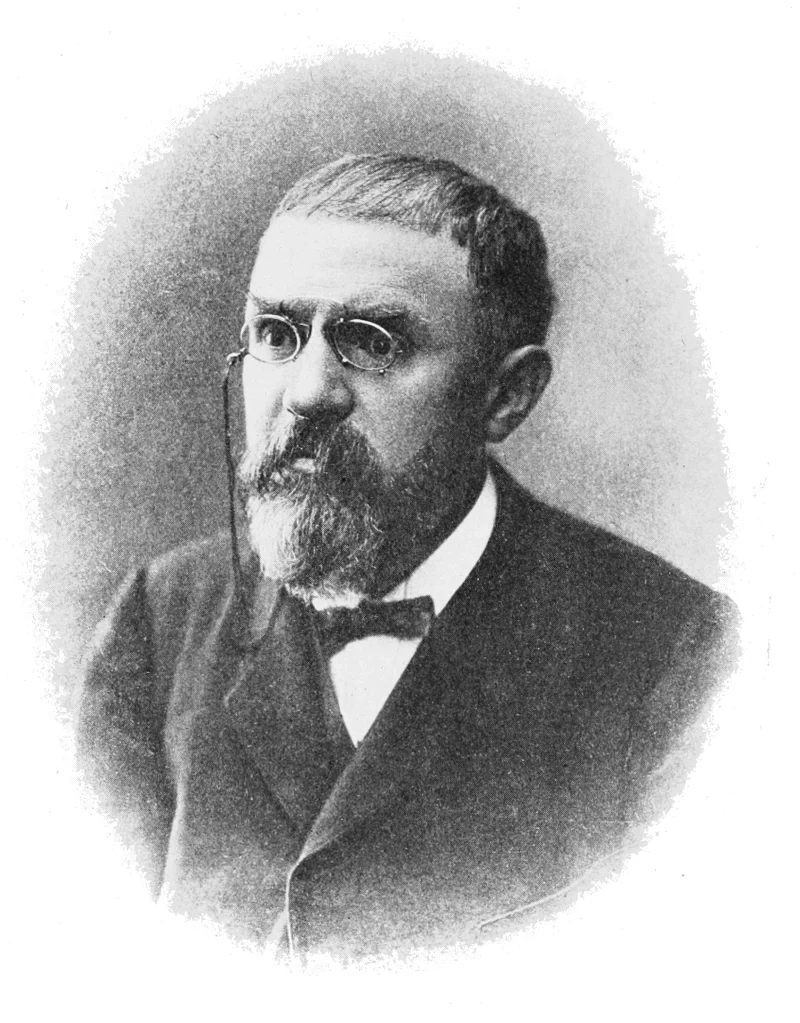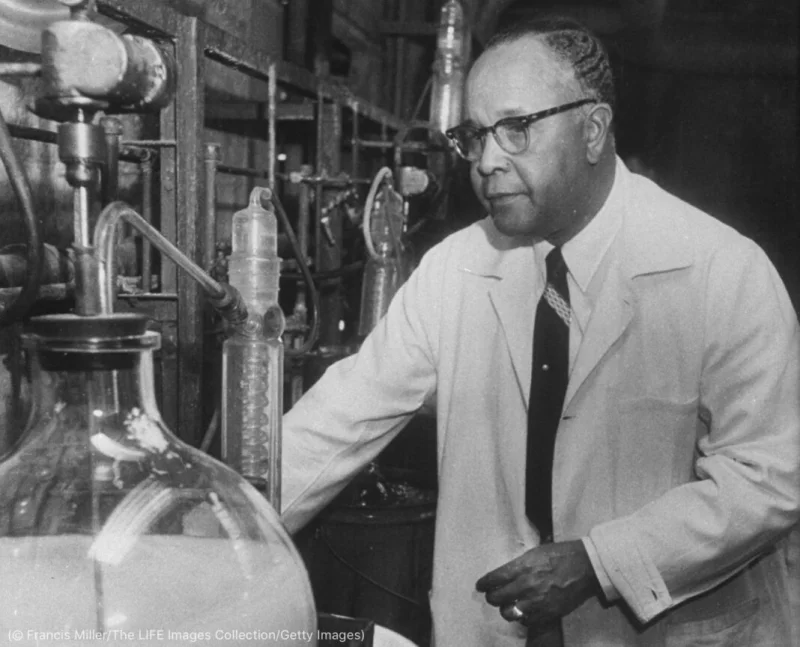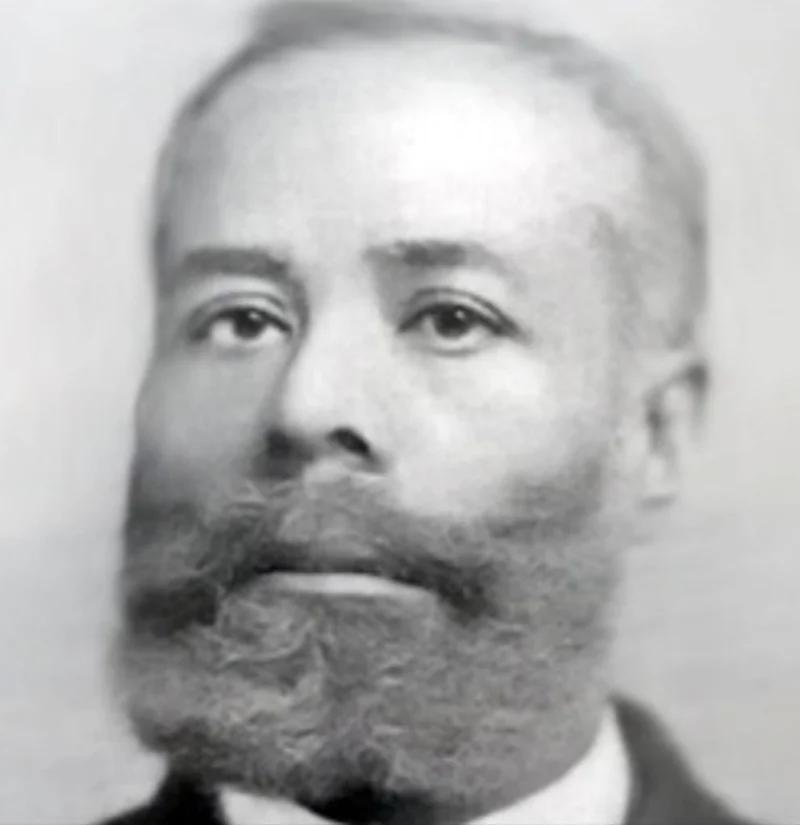Short Summary
Henri Poincaré was a renowned French mathematician, theoretical physicist, and philosopher of science. He is celebrated for his pioneering work in the fields of topology, celestial mechanics, and the theory of dynamical systems. His contributions laid the foundation for modern chaos theory and had a profound influence on the development of mathematics and physics in the 20th century. Poincaré is often referred to as the last universalist due to his comprehensive expertise across various scientific domains.
Early Life & Education
Born on April 29, 1854, in Nancy, France, Henri Poincaré was raised in a family that valued education and intellectual pursuit. His father was a professor of medicine, which likely influenced Poincaré's early interest in science. He showed an early aptitude for mathematics, excelling in his studies at the Lycée in Nancy. In 1873, he entered the École Polytechnique in Paris, where he further honed his mathematical skills. Poincaré later attended the École des Mines and earned a doctoral degree in mathematics. His education was marked by a dedication to rigorous study and a passion for uncovering the mysteries of the natural world.
Career Highlights
Poincaré's career was distinguished by numerous groundbreaking contributions to mathematics and physics. He held a position as a lecturer at the University of Caen before becoming a professor at the University of Paris. Throughout his career, he published over 500 papers and numerous books. His work in celestial mechanics, particularly the three-body problem, led to the formulation of the Poincaré conjecture, a pivotal question in topology. Additionally, he made significant advances in the theory of functions and differential equations. His insights into the nature of chaos and deterministic systems were decades ahead of their time.
Major Achievements
- Developed the theory of dynamical systems, providing insights into the behavior of complex systems over time.
- Formulated the Poincaré conjecture, a central question in the field of topology.
- Made significant contributions to the development of special relativity alongside Albert Einstein.
- Advanced the study of automorphic functions, influencing modern complex analysis.
- His work in celestial mechanics resolved several longstanding problems in the field.
Famous Quotes
- "Mathematics is the art of giving the same name to different things."
- "To doubt everything or to believe everything are two equally convenient solutions; both dispense with the necessity of reflection."
- "It is through science that we prove, but through intuition that we discover."
Interesting Facts
- Poincaré was a cousin of Raymond Poincaré, who served as President of France during World War I.
- He was known for his unique ability to work on complex problems in his mind without the need for written calculations.
- Poincaré's work laid the groundwork for the field of topology, which studies the properties of space that are preserved under continuous transformations.
- He was elected to the Académie des Sciences at the young age of 32.
- Poincaré's insights were instrumental in the eventual development of chaos theory.
Legacy / Influence
Henri Poincaré's legacy is evident in the profound influence he had on both mathematics and physics. His work on dynamical systems and chaos theory continues to be foundational in scientific research today. The Poincaré conjecture stimulated further exploration in topology, leading to its eventual resolution in the 21st century. His interdisciplinary approach and philosophical insights have inspired generations of scientists and mathematicians to explore the interconnectedness of different scientific fields.
FAQ
Q: Why is Henri Poincaré famous?
A: He is famous for his groundbreaking contributions to mathematics, particularly in topology, dynamical systems, and celestial mechanics.
Q: What was one of his major contributions to physics?
A: Poincaré made significant contributions to the development of special relativity alongside Albert Einstein.
Q: What is the Poincaré conjecture?
A: The Poincaré conjecture is a central problem in topology concerning the characterization of three-dimensional spheres.












